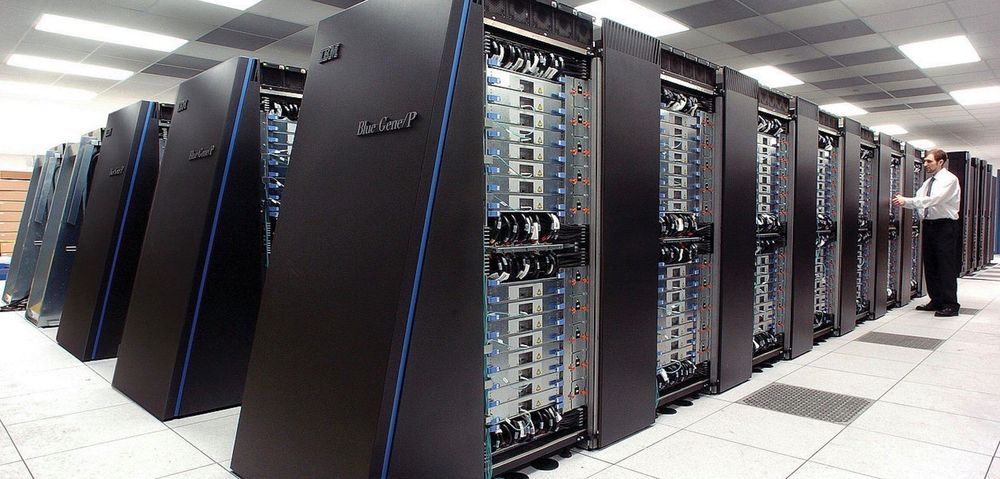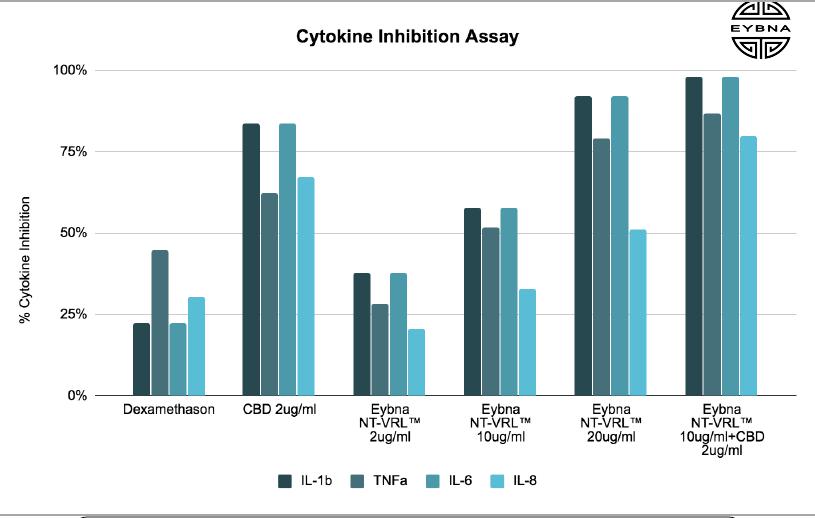As we wind up our discussion about the Space Race and touch on the strategies employed by China in its bid to stay on top of space and tech, we delve into the meaty topic of next generation Artificial Intelligence including GPT-3, OpenAI, CommaAI and how they are making strides in the avenues of automation, machine learning and translation and also self driving cars. It’s a brave new world and we discuss some of the many pitfalls of this new emerging range of systems that can come with many issues along with many benefits.
Get the latest international news and world events from around the world.


The Shortest and Longest Living Dog Breeds in the World
Every dog owner has their own reasons for getting a pet, whether it is companionship, protection, or simply to have a furry friend to walk with. Each different breed comes with perks and challenges, and owners must be prepared to accommodate each type of dog’s unique health requirements to maximize their lifespan, because the reality is that some dogs are genetically predisposed to live much longer than others.
In order to determine the shortest and longest living dog breeds in the world, 24/7 Tempo reviewed the study, “Methods and mortality results of a health survey of purebred dogs in the UK,” published in the Journal of Small Animal Practice. Breeds for which there was little data or low response rates on surveys sent to owners were not considered. Breeds that are not officially recognized by the American Kennel Club were also not considered. Breed popularity data, as well as height and weight data, comes from the AKC. The height refers to the height of the dog’s shoulder.
Numerous studies have determined that there is a significant link between the size of a dog and the length of its lifespan — larger dogs have noticeably shorter lifespans than smaller dogs, as they age at a faster rate. Yet size and lifespan do not correlate exactly, as certain types of dogs are especially prone to maladies like cancer or heart problems.

New Research Suggests Terpenes And CBD Work 2X’s Better For Covid-19 Inflammation Than Corticosteroid
In the fight against Covid-19, cytokine storms are one of the most deadly factors that doctors are battling. This symptom in severe cases of the novel coronavirus can lead to excessive inflammation, swelling, pain, and loss of organ function. It can even cause the immune system to ramp up so much that it starts killing the body’s own cells — instead of just fighting the infection. In serious cases, this can lead to death, as we’ve seen in many cases of severe Covid-19.
In the last few months, researchers have been looking at whether cannabis, or it’s many chemical compounds, might help to fight this deadly effect by bringing down inflammation. Recently, we’ve seen positive results from studies suggesting that CBD, a compound in cannabis, may help fight these cytokine storms.
Now early results from an ongoing Israeli study are adding to the chorus of researchers suggesting that cannabis’ ingredients could be a game changing treatment in the fight against Covid-19. But this study says that terpenes, compounds that provide the aroma and flavor in cannabis and many other plants, may lead to even better results than CBD alone, and might outperform conventional treatments like corticosteroids. Reports from the study show that a combination of CBD with terpenes was 2 times more effective at inhibiting cytokine activity than dexamethasone, a corticosteroid which a recent study found to be an effective treatment for Covid-19 cytokine storms.
Nazaré Blow Up — 28 October 2013 — Biggest Wave ever Surfed?
Tow-in session Nazaré 28th Oct 2013
SUBSCRIBE HERE for daily XTreme videos: https://www.youtube.com/subscription_center?add_user=xtremevideo
Starring:
Carlos Burle, Sylvio Mancusi, Rodrigo Koxa, Maya Gabeira, Felipe “Gordo” Cesarano, Hugo Vau, Eric Rebiere, Pedro Scooby, Andrew Cotton and Garrett Macnamara
Shoot with Canon 7D and canon lens 300mm f.4
A film by Hélio Valentim
http://www.heliovalentim.com
Awesome Tow In Session from Nazaré in Portugal.
The X-Treme Channel features awesome extreme sports action from all over the world!
Website: http://www.x-tremevideo.com
Twitter: http://twitter.com/XTremeVideo
Facebook: http://www.facebook.com/XTvideo

Allianz: 94 Large Ships Lost in 2017, Friday Most Dangerous Day at Sea
There were 94 total losses reported around the shipping world in 2017, down 4 percent year-on-year, according to Allianz Global Corporate & Specialty SE’s (AGCS) Safety & Shipping Review 2018.
The report indicates that large shipping losses have declined by more than a third (38%) over the past decade and that the downward trend continued into 2017, marking the second lowest losses in 10 years after 2014.
However, Allianz stressed that the sinking of the oil tanker Sanchi and the impact of the NotPetya malware on harbor logistics underline that the shipping sector is being tested by a number of traditional and emerging risk challenges.

Scorching temperature in US’s Death Valley could be global high
A temperature of 130 degrees Fahrenheit (54.4 degrees Celsius) recorded in California’s Death Valley on Sunday by the US National Weather Service could be the hottest ever measured with modern instruments, officials say.
The reading was registered at 3:41 pm at the Furnace Creek Visitor Center in the Death Valley national park by an automated observation system—an electronic thermometer encased inside a box in the shade.
In 1913, a weather station half an hour’s walk away recorded what officially remains the world record of 134 degrees Fahrenheit (56.7 degrees Celsius). But its validity has been disputed because a superheated sandstorm at the time may have skewed the reading.


Microsoft Put Off Fixing Zero Day for 2 Years
Microsoft Put Off Fixing Zero Day for 2 Years — Krebs on Security.
A security flaw in the way Microsoft Windows guards users against malicious files was actively exploited in malware attacks for two years before last week, when Microsoft finally issued a software update to correct the problem.
One of the 120 security holes Microsoft fixed on Aug. 11’s Patch Tuesday was CVE-2020–1464, a problem with the way every supported version of Windows validates digital signatures for computer programs.
Low Total Cholesterol: Biological Youth Or Increased Mortality Risk?
Low levels of total cholesterol (TC) are associated with an increased all-cause mortality risk in both old and younger subjects, but low TC is also found in youth, so which is it? In this video, I present data showing that subjects that had high albumin and HDL, but low TC had a similar survival to subjects that had higher TC levels.
